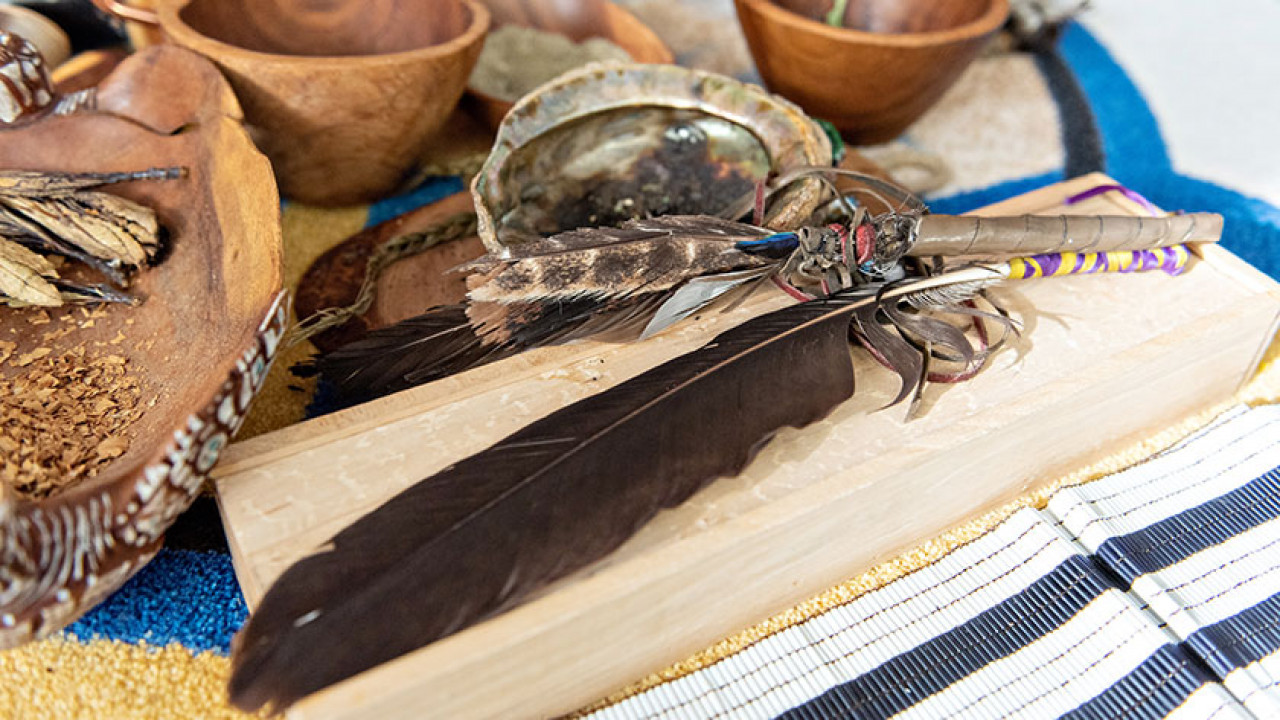Recognizing National Day for Truth and Reconciliation

Today, on this first National Day for Truth and Reconciliation, we have been provided with a poignant opportunity to acknowledge and recognize that Indigenous peoples have unduly suffered under colonial and post-colonial policies and institutions. We need to be aware of, and understand, the collective impact that intergenerational trauma continues to have on Indigenous peoples and consider how we can contribute to ending the systemic inequities they still face. Flags have been lowered at all of our sites, as an important reminder of the tragic legacy of residential schools and the ongoing impact on Indigenous people.
We all have a responsibility to learn and understand our shared history, and to build relationships rooted in mutual understanding and respect with Indigenous nations, children, youth, Elders and families. This includes identifying learning/unlearning and capacity-building opportunities and resources for our leadership, staff, physicians, affiliates and volunteers that will increase our understanding of Indigenous peoples, cultures, languages, communities and histories.
We know that by supporting Indigenous people through formal partnerships, we strengthen our communities and our society. Providing transformative sacred spaces and meaningful opportunities, such as Indigenous led care models, will forge new pathways and make a crucial contribution to truth and reconciliation. Our work in partnership with Atlohsa Family Healing Services, through Biigajiiskaan, a referral-based mental wellness program that aims to provide accessible, culturally safe, specialized care is an important step in equitable and accessible health care for Indigenous people. We remain committed to continuing to work with Indigenous communities and Elders to identify future sustainable opportunities that improve access to care and services.
This week, Bishop Ronald Fabbro echoed the statement of profound remorse and apology to all Indigenous peoples issued by the Catholic Bishops of Canada. He joined them in acknowledging that many Catholic religious communities and dioceses participated in the residential school system that led to the suppression of Indigenous languages, culture and spirituality and failed to respect the rich history, traditions and wisdom of Indigenous peoples. A local and national commitment to healing and reconciliation includes listening to the experiences of Indigenous peoples, educating the clergy, consecrated men and women and the lay faithful on Indigenous culture and spirituality, developing a service of reparation and creating a fundraising plan to support healing and reconciliation initiatives. This December, Pope Francis will meet with a delegation of Indigenous survivors, Elders and youth to listen, learn and determine a path forward.
Beyond today, I encourage all of you to consider how we can and will stand for truth and reconciliation in a way that moves us toward a stronger and healthier future for Indigenous peoples for generations to come.
Thank you,
Roy Butler, PhD
President and CEO
Resources:
A 24-hour Residential School Crisis Line is available for support: 1-866-925-4419
NCTR - National Centre for Truth and Reconciliation